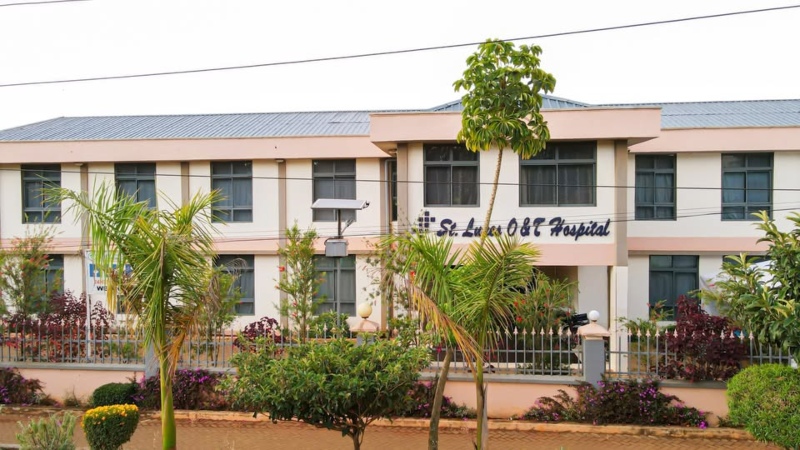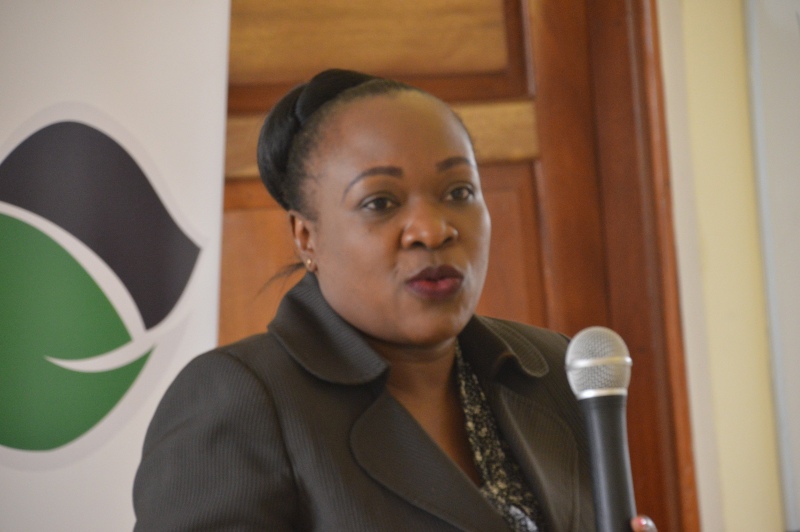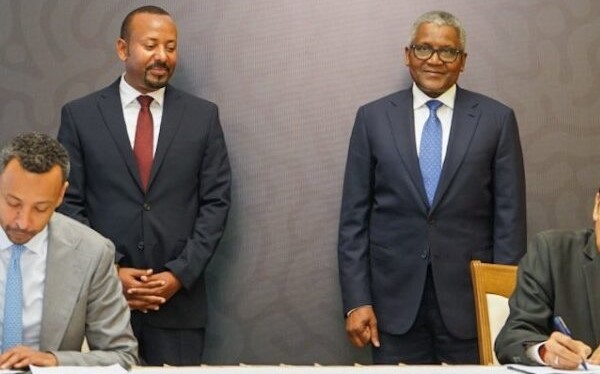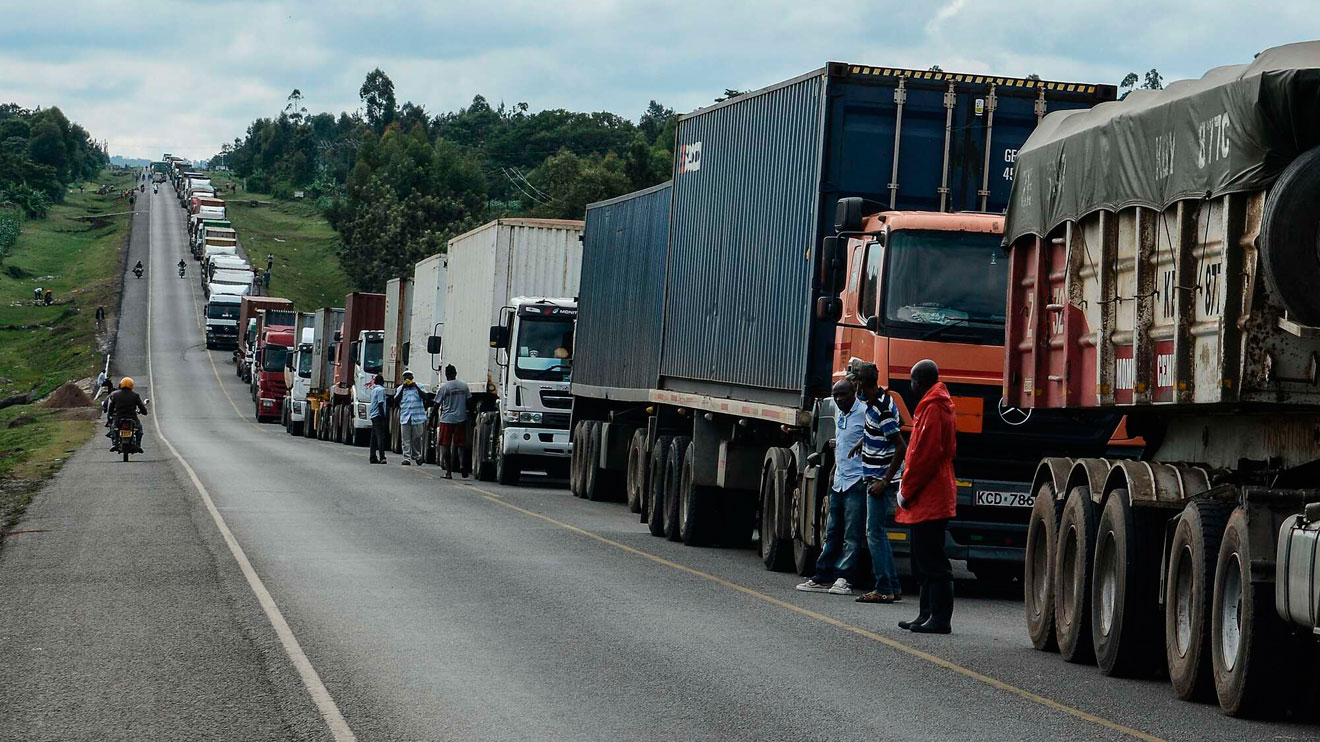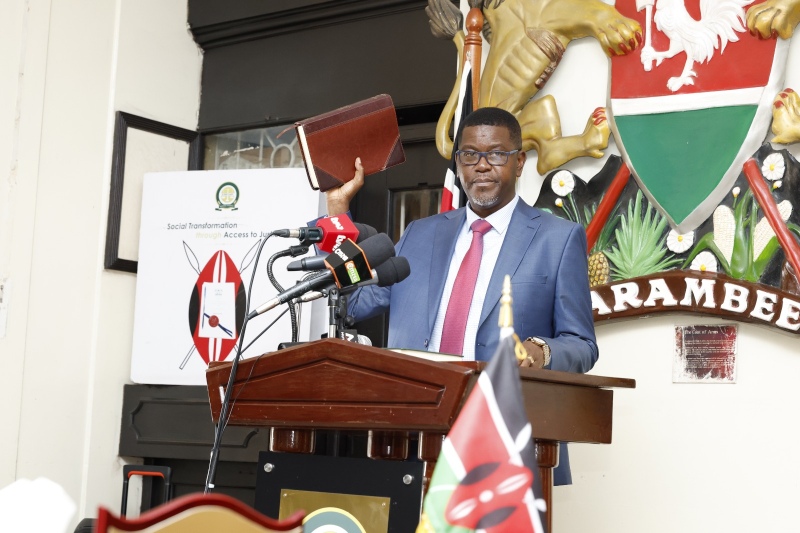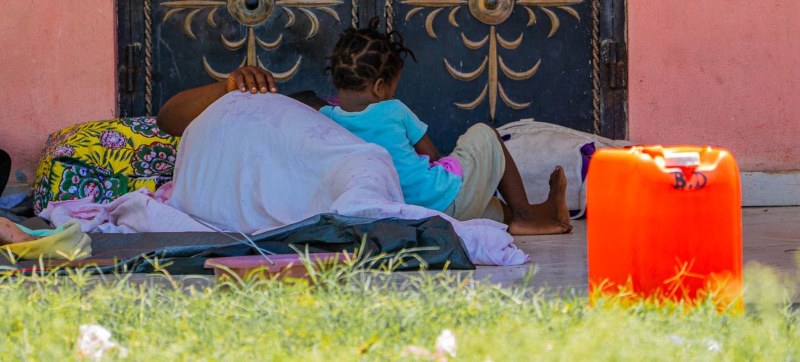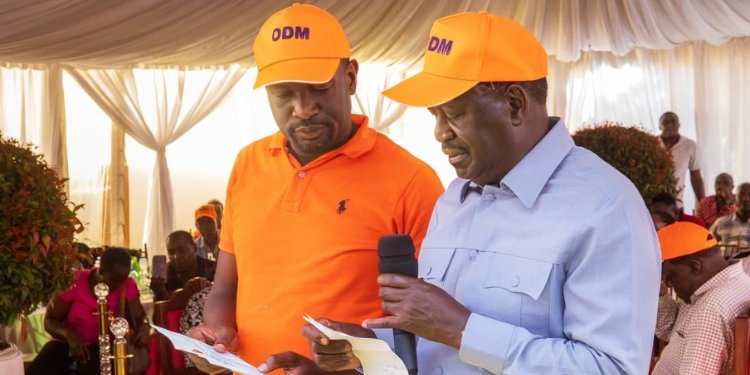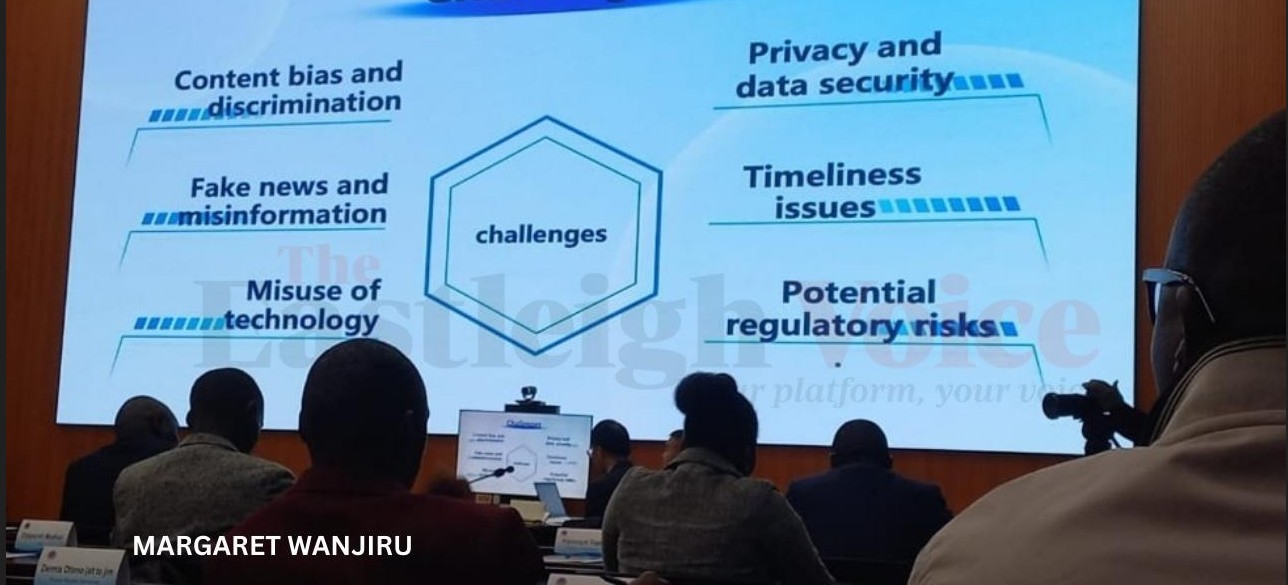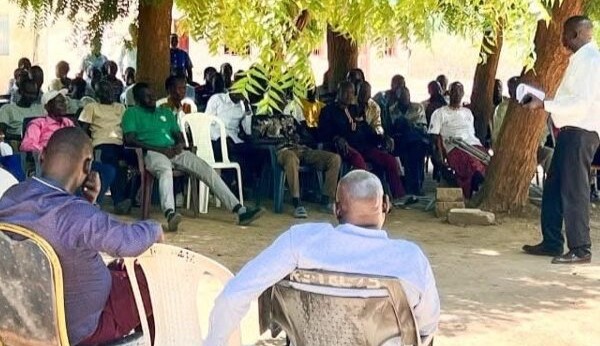Kenya gets access to advanced Mpox testing tools
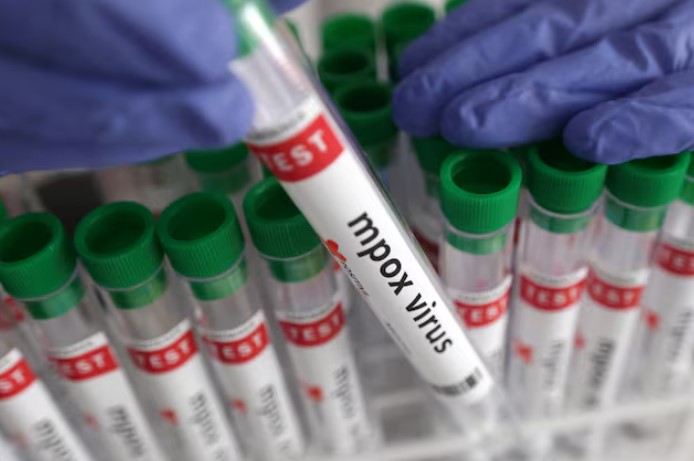
Kenyan health settings widely use the GeneXpert system, which is the platform for the Xpert Mpox test, a real-time PCR test.
Kenya now has access to enhanced diagnostic tools to test for Mpox, which has already claimed one life in the country. The World Health Organisation (WHO) has listed two new Mpox diagnostic tools under its Emergency Use Listing (EUL), making them available for use in Kenya, which has reported 13 confirmed cases of the disease.
The newly approved diagnostic tools include the Xpert Mpox test, developed by Cepheid, and the Cobas MPXV assay by Roche Molecular Systems. These additions come after WHO’s previous EUL listing of the Alinity mMPXV assay in early October.
More To Read
- WHO Africa summit urges investment to end maternal mortality
- Hunger and disease in Gaza will only worsen from ‘man-made’ famine: WHO
- Long-distance drivers decry being forced to take Mpox vaccine, demand voluntary participation
- African governments urged to boost funding as NCD crisis deepens
- US suspends chikungunya vaccine after reports of severe side effects
- 45 more health facilities to be deregistered as ministry uncovers widespread fraud in hospitals
Kenyan health settings widely use the GeneXpert system, which is the platform for the Xpert Mpox test, a real-time PCR test.
The WHO reports that this automated test, which produces results in under 40 minutes, simplifies use in decentralised testing environments. This could significantly reduce the time it takes to identify Mpox cases and begin treatment.
"Rapid access to those listed products is critical not only for prompt diagnosis and timely treatment but also for effectively containing the spread of the virus," said Dr Rogerio Gaspar, WHO’s director for regulation and prequalification.
Listed on October 14, the Cobas MPXV assay is another PCR-based option that can detect Mpox clades and deliver results within two hours. This system can process multiple samples at once, making it ideal for high-volume clinical laboratories.
These tools are available at a time when multiple regions in Kenya, including Nakuru, Kajiado, Bungoma, and Nairobi, have confirmed Mpox cases. The first Kenyan death linked to the disease was reported earlier this month.
"Ensuring global access to Mpox diagnostic tests that meet WHO standards for quality, safety, and performance is essential for efficient and effective testing in settings affected by Mpox outbreaks," Dr Gaspar added.
Globally, Mpox has impacted more than 40,000 individuals across 18 countries in 2023, with many cases unconfirmed due to limited testing capacity, especially in low- and middle-income countries (LMICs) like Kenya.
While testing efforts have improved in countries like the Democratic Republic of the Congo, WHO continues to advocate for enhanced diagnostic capacity to control outbreaks effectively.
In response to the broader health crisis, WHO also recently donated vital medicines to Kenya, including over 15 million tablets for the treatment of neglected tropical diseases (NTDs) and Mpox diagnostics.
The donation, worth approximately Sh213 million, will support mass drug administration programs in 15 counties, particularly in regions with high disease burdens.
Other Topics To Read
Top Stories Today
